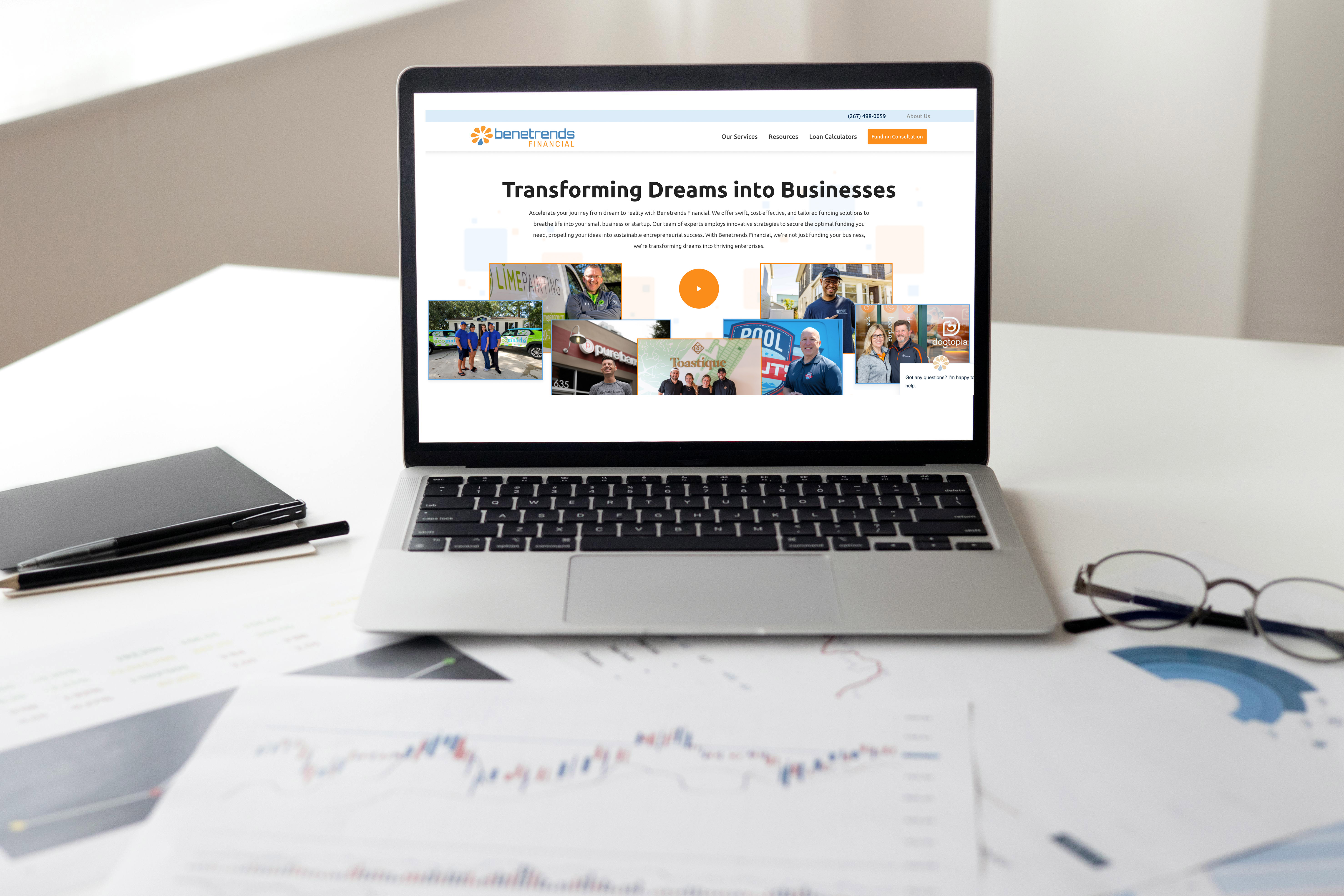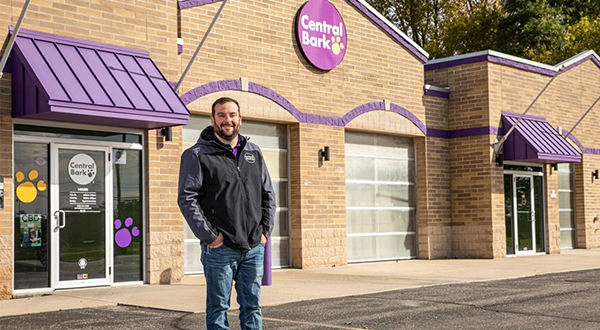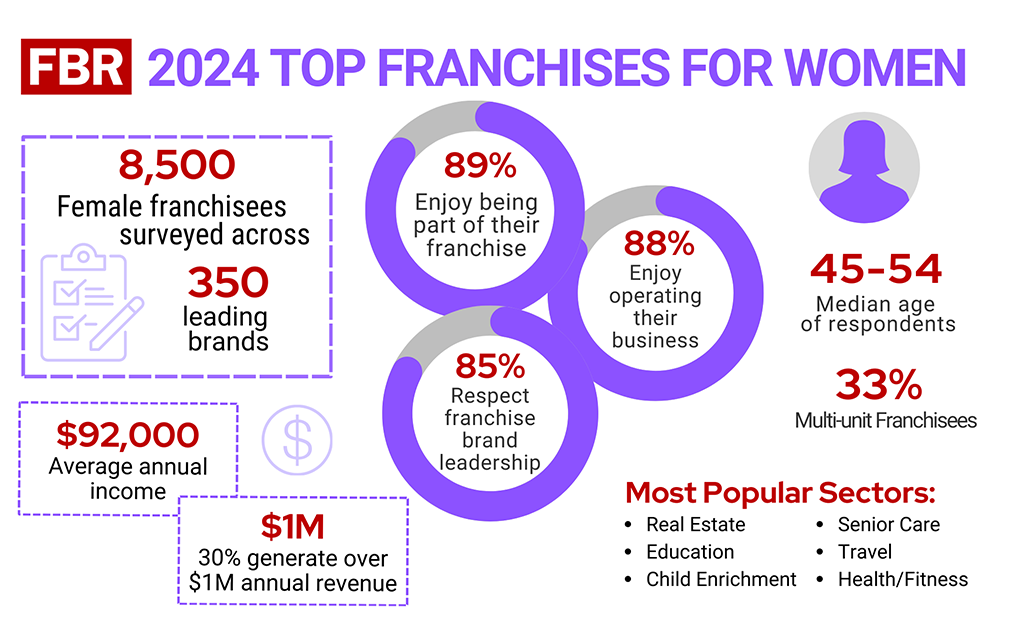
SBA Loans for franchise financing are a tried-and-true method for aspiring entrepreneurs. They were created to offer low-interest rates and no balloon payments for business owners with a guarantee from the Small Business Association (SBA).
What is an SBA Loan?
An SBA loan is a small-business loan offered by banks and online lenders, which the government partly guarantees. Here’s how it works. You apply for a Small Business Association (SBA) loan through a lending institution like a bank or credit union. The lender applies to the SBA for a loan guarantee. If you default on your SBA loan, the government pays the lender the guaranteed amount. In turn, the Small Business Association requires your unconditional personal guarantee that the loan will be paid. In fact, SBA loans for franchise financing usually require unlimited personal guarantees from anyone who owns more than 20% of the business. Keep in mind that any personal guarantee you make may be partially or fully collateralized.
A common misconception is that the Small Business Association makes direct loans to entrepreneurs to kickstart their business(es). This is not the case. Instead, the SBA makes a guarantee to banks and lenders for the money they lend to small businesses.
SBA loans can alleviate the risk associated with lending money to business owners and entrepreneurs who may not qualify for traditional loans. They tend to have longer repayment terms than traditional bank loans. Other benefits of SBA loans for borrowers are many and include:
- Low-interest rates
- Low repayment terms
- The ability to be combined with other financing
What do I need to qualify for an SBA loan for franchise financing?
- A credit score of 640 or above
- Access to collateral
- Solid income
- A 30% equity injection, 20% for an existing franchise
- Three years of applicable work experience
About SBA Loans for Franchise Financing:
The financing amounts range anywhere from $25k to $5 million, and there are several options, including the following:
- The 7(a) Loan Program can be used for a wide range of purposes such as working capital, revolving funds, equipment purchasing, and more.
- Export Assistance Loans: Includes Export Express, which can be used for any purpose that increases a company’s ability to export, such as marketing, travel, short-term lines of credit, and capital expenditures.
- SBA Express Program: A part of the 7(a) loan program, and for businesses with financing needs up to $350k. This program can be used for a variety of business activities, and no collateral is required for loans up to $25k.
- SBA Microloans: These are loans that are given in smaller increments, providing up to $50K in small business funding. You do not receive these loans directly from the SBA but rather from a local lender, which is typically a nonprofit organization. Uses for this loan include working capital, inventory, and equipment. However, you cannot use a microloan to pay existing debts or purchase real estate. Also, collateral may be required.
- SBA CAPLines: Designed to meet the short-term working capital needs of a business. This type of financing is best for small businesses that sell their goods and/or services on credit. The loan amount is based on need, and the maximum amount given is $5M. For eligibility, applicants must qualify under the standard 7(a) requirements and must be able to produce collateral.
- SBA 504 Program: Offers small businesses long-term, fixed-rate financing to acquire fixed assets for expansion or modernization. They are made available through Certified Development Companies (CDCs), which are the SBA’s community-based partners. The maximum loan amount provided is $5M, and the best part is that these loans have longer repayment periods than most.
Competitive Terms
Compared to personal loans, many SBA loans are a breeze. The turnaround time for a personal loan is within the same range as the SBA loans listed above. However, unlike most SBA loans, collateral is usually required for personal loans.
Approval Time
The average time to be approved for an SBA loan is anywhere from 45 to 90 days. However, in some cases, it can exceed that.
Required Documentation
Before applying for an SBA loan, make sure you have the following documents available and ready to present:
- SBA Form 413, Personal Finance Statement
- SBA Form 1919, Borrower Information
- SBA Form 912, Statement of Personal History
- Three years of federal personal tax returns
- Management Resume
- Personal ID
- Business plan
- Financial projections
- Information on affiliated businesses
For an existing business, you will also need to provide the following in addition to the above:
- Three years of federal business tax returns
- Profit and loss balance sheet
- Letter of intent or purchase agreement
Looking for expert advice on applying for an SBA Loan? Our trusted financing partner’s team of experts can provide the resources and insights you need to make an informed financing decision.
Click Here to request a complimentary franchise financing consultation with Benetrends.
Related Content:
Fast Financing Options: Portfolio Loans and Low-Doc SBA Loans
Should I Use a 401K Rollover to Finance My Business Startup?
Should I Use an Unsecured Business Loan to Finance My Franchise?
Should I Use a Crowdfunding Platform for My Business Startup?


